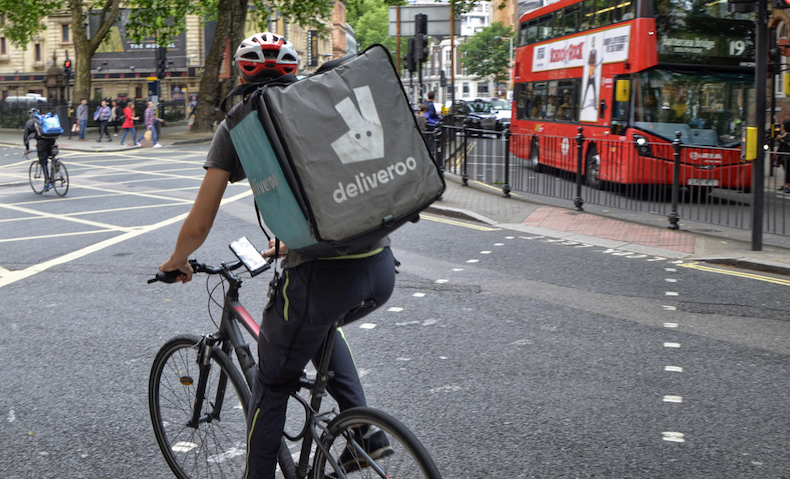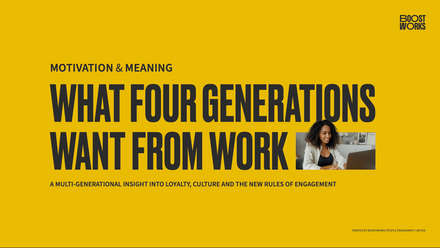How the gig economy is shaking up the world of benefits
The term ‘gig economy’ refers to people who work temporarily or on a contract basis, quite often more than one company at a time.
While ‘giggers’ are often associated with jobs in food delivery or taxi services, people who work ‘gigs’ can work in different industries and sectors – quite often referred to as freelancers.
Due to the pandemic, and the increased use of technology such as Zoom, the numbers of people wanting to work freelance or ‘gig it’ has gone up. However, the cost-of-living crisis combined with recession has meant that many gig workers are worried about their future.
‘Gig’ workers set to outnumber permanent
According to Peter Miscovich, managing director, strategy and innovation, for JLL Consulting in New York, gig workers will make up between 50% and 80% of the workforce by 2030. If this becomes reality, employers will have to adapt almost all aspects of their organisation.
First, it could be difficult to get gig workers on short contracts to adhere to corporate culture. Of course, there’s always a possibility that gig workers might become full-time and stop gigging, but it could be fair to assume that many who are gigging might not want to sign that permanent contract.
For employers, this might not such a bad thing. Not having full-time staff saves money on wages and benefits and they can employ specific people for specific tasks.
One drawback to the gig economy is that employees can feel pressured into agreeing to contracts because they cannot afford to turn down work. To add to this, there are no guarantees that contracts will be renewed or an employee will be offered more work later.
Lack of benefits for ‘giggers’
However, maybe the biggest drawback is not being entitled to benefits in the same way a permanent employee is. Of course, one of the best benefits of ‘gigging’ is being able to work for different employers and having a level of freedom not felt by permanent employees. But, on the other hand, it’s fairly common for a freelancer to not take holidays due to the amount of work on their books.
Bearing in mind the expected growth in gig workers, the US-based Society of HR Managers says employers need to start thinking about offering incentives to them. Some of these incentives include monetary, maybe paying a little bit more than the job was billed for, merchandise (eg company branded cups and water bottles), food (small hampers or gift sets), access to company training and discounts on company products.
Online staffing platform Wonolo says permanent employees are also looking at the gig economy in case the cost-of-living crisis begins to hit even harder in the coming months.
Benefits for gig workers, therefore, have to be as flexible and accessible as they are and this means an HR platform and app is the perfect place to start.
Gig workers constantly find themselves on the move and jumping from one company to the next, working on different projects. Therefore, employers need to treat them in the same way as remote / hybrid employees – offering them benefits that can be communicated efficiently and accessed wherever and whenever.
It’s up to every individual employer to devise a benefits strategy for gig workers, but, as the sources suggest, they will need to be catered for as we move forward towards 2030. Gig workers might not be offered the same benefits as permanent staff, but if an employer can make some of the basic benefits available to them, then this will make them feel part of the team (even if a contract is brief), and make them feel more appreciated and valued.
Supplied by REBA Associate Member, Benify
Benify offers the market's leading global benefits and total reward platform.








